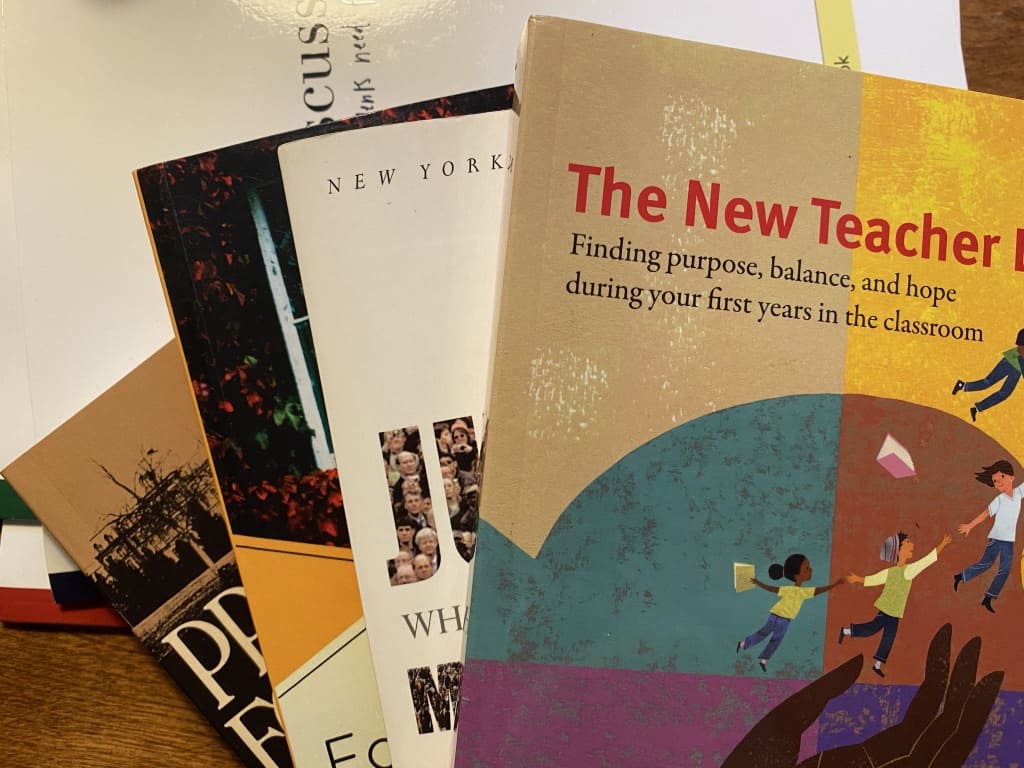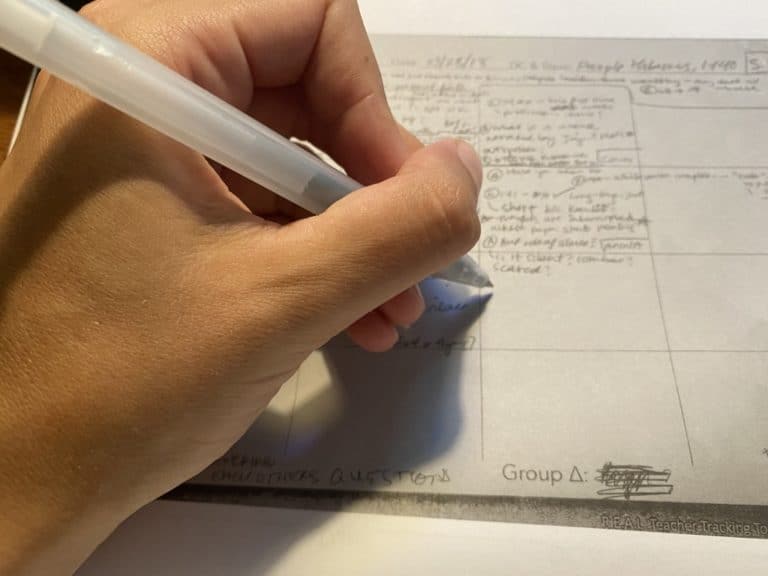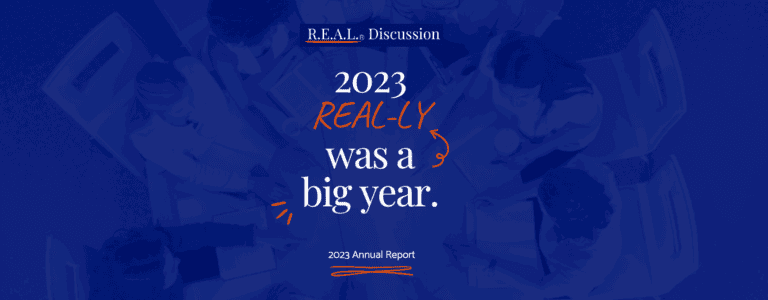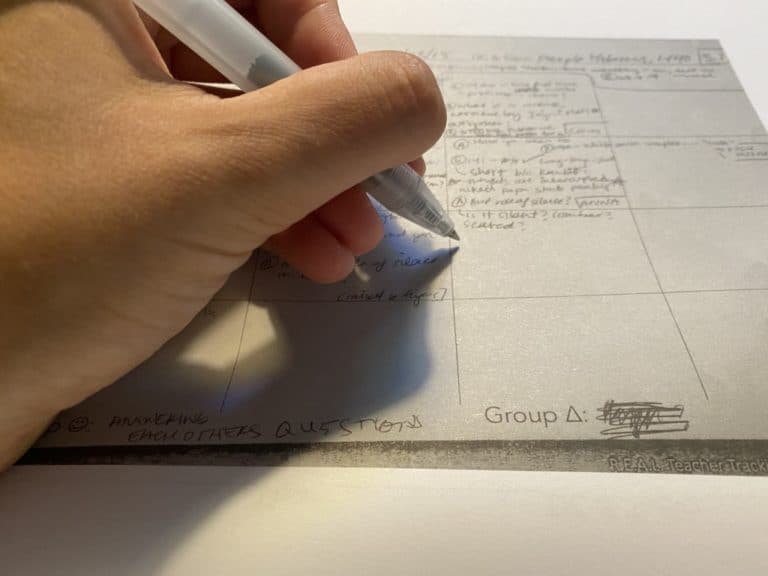Courage in Complexity
Beyond the Syllabus posts offer a round-up of resources that are “practice-adjacent,” as Katherine often says. We offer recs for podcasts, fiction and non, and TED talks that offer delightful – if surprising – ways to rethink or enrich discussion practice.
Podcast Nice White Parents When Chana Joffe-Walt began researching the relationship between parents and Brooklyn’s Boerum Hill School for International Studies for a story on “This American Life,” she discovered too much complexity for a single podcast episode. The resulting project, picked up by the New York Times and Serial Podcasts, is the subject of fierce debate: one-star votes, five-star votes, vitriolic comments, praise, and opinion articles all flurried around the piece… before the podcast even went live. Sure, Joffe-Walt’s reporting takes a new approach to the “what’s wrong with public education?” debate, but what makes hers different is its focus on parents, perhaps the most emotionally invested stakeholders. Each of the episodes focuses on the kinds of individual dramas that teachers see all the time in schools both public and private, from fundraising and special programs to segregation and unofficial curricula. What makes Joffe-Walt’s commentary compelling is how she weaves discrete events into a more coherent, linked line of ideas and community history. Perhaps she recognizes uncomfortable truths, or perhaps they’re vital ones: either way, we encourage anyone to enjoy how courageously the work stimulates new directions in our discussion of education, school culture, and society’s investments (and divestments) in both.
Exploration Andrea Pitzer, “My Midlife Crisis as a Russian Sailor.” This moving essay in a recent issue of Outside magazine inspires us to carve brave paths through crisis. Pitzer describes her journey to the Barents Sea, where she hoped to follow adventurer William Barents’ fated journey to the Arctic four hundred years earlier. Intertwining scenes of ensemble-building with her male, seafarer, Russian-speaking shipmates with her own internal concern over family at home, Pitzer challenges her audience to take on challenge, learning, and discovery even when life’s complexities seem impossible to bear. Set amid the broader tragedy of planetary crisis — Pitzer describes melting ice caps, illusions of islands rising out of the water — the story itself feels like a burden to its reader, and learning itself impossible in the chaos of so many bleak, intersecting threads. But we love the way that Pitzer challenges us to take steps forward anyway. Her story can stand in for the multifaceted, crisis experience of life for so many during the Covid-19 epidemic; for teachers, the story reminds us that the endeavors of learning and exploration are not only possible, but perhaps even a balm, for the ailing adventurer. Pitzer encourages her audience, who grieves with her, that: “…this place is singing a love song. It may be shot through with grief and danger, but if you’re listening and you can hear this, it means we’re not dead yet.”
Thinkpiece Colleen Walsh, “Agonizing over school re-opening plans? Think Marie Kondo.” Though Walsh’s essay largely features the highlights of Harvard Graduate School of Education’s “Imagining September” report, the widely-shared article summarizes these points helpfully for even the most casual reader. Indeed, we’d call it essential reading for any stakeholder in education right now, especially any stakeholder working to build, refine, or shift curriculum in the coming month. The “Marie Kondo” approach, in short, asks teachers to remove the “nice to have” features of curriculum and focus on the “need to have,” letting go of fears of content coverage that could lead to a frenzied, stressful approach. We specifically appreciate the nuance of both the report and Walsh’s article about it, which stresses the importance of approaches that customize depending on the school and student body population; we even extend that observation to the classroom level, where seeing and knowing students present (in person or online) should take priority in determining what could be an appropriate “need” or “want.” We recommend the article for its steadfast and courageous statement that simplicity is best in moments when the “best way” to teach is impossible to determine.






